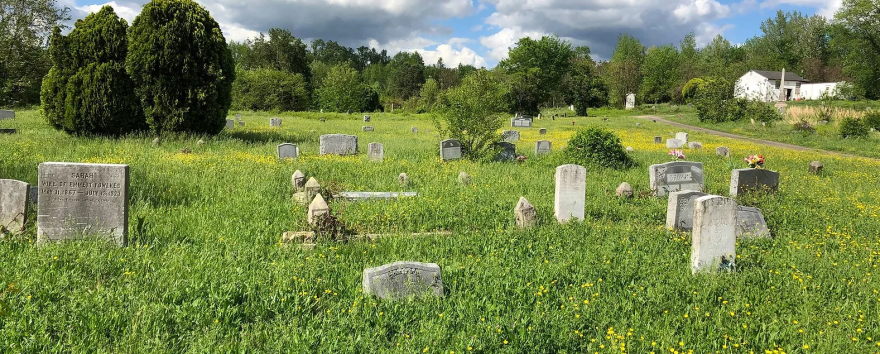State-mandated racial segregation ended decades ago. But, many parts of Virginia will be segregated forever: cemeteries.
Woodland Cemetery spreads out over 30 acres in Richmond, and that creates a problem for people trying to visit graves on roads that are treacherous. Marvin Harris is executive director of the Woodland Restoration Foundation, and he says the cost of fixing the roads is almost half a million dollars.
"They've got potholes like you wouldn't believe," he explains. "So, we need the funding to get those under control to make sure that the family members coming back can get to their loved ones and view them."
Unfortunately for this particular cemetery, it does not qualify for funding from the African American Cemeteries and Graveyards Fund because it was founded in 1916. And the fund is available only to cemeteries that were founded before 1901. That's why Senator Jennifer McClellan introduced a bill to change that date to 1948, the year that forced racial segregation ended for graveyards.
"Cemeteries, much like everything, continued to be segregated. And Blacks were not allowed to be buried in most municipally owned cemeteries," McClellan says. "And the ones where Blacks were buried, it was families or churches and over time whatever organization was maintaining them dissolved or moved on or the people died."
The governor signed McClellan's bill, and now Woodland and many other cemeteries across Virginia will have access to funding to fix those roads and start up-righting headstones toppled years ago.
This report, provided by Virginia Public Radio, was made possible with support from the Virginia Education Association.


